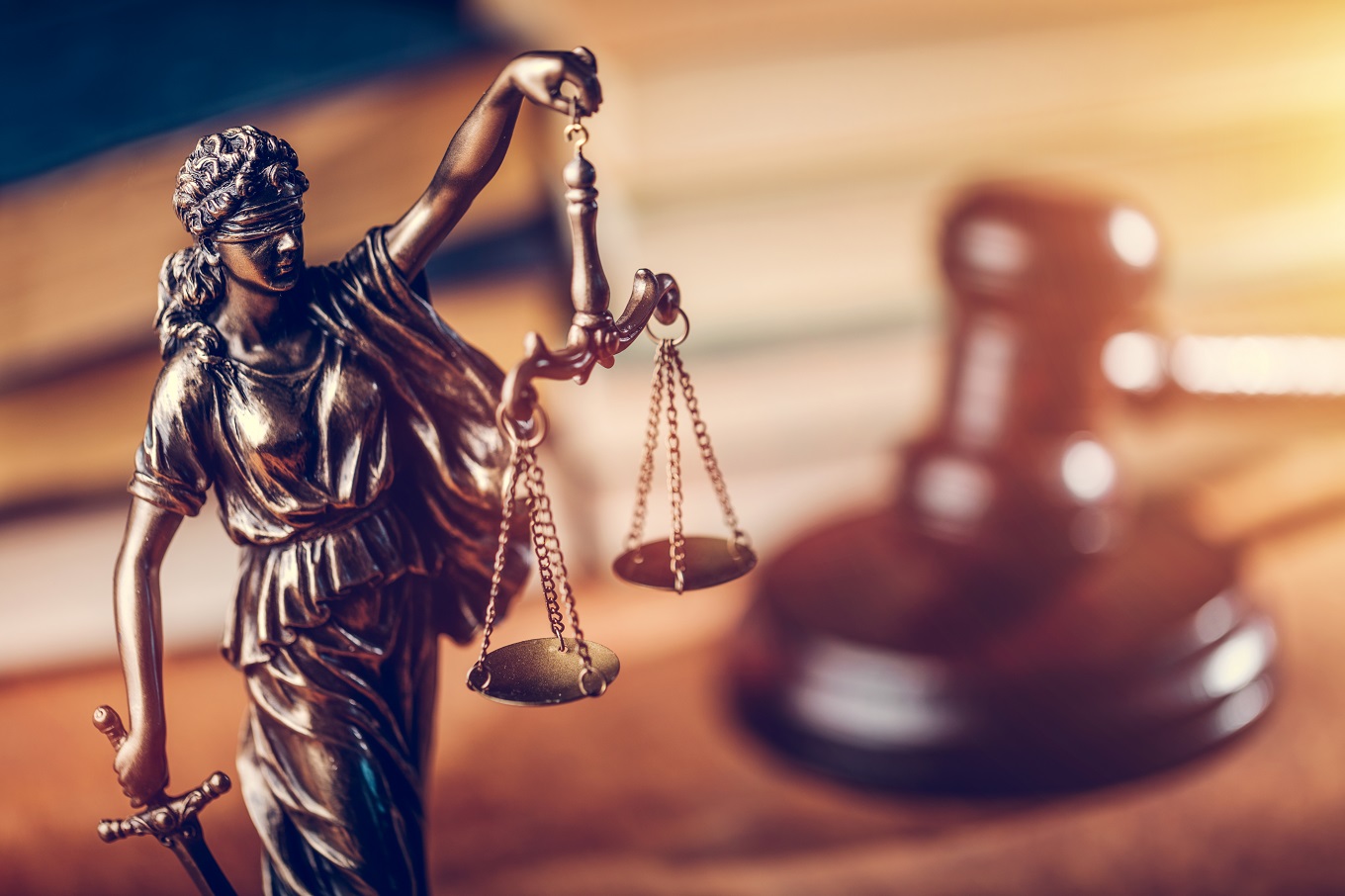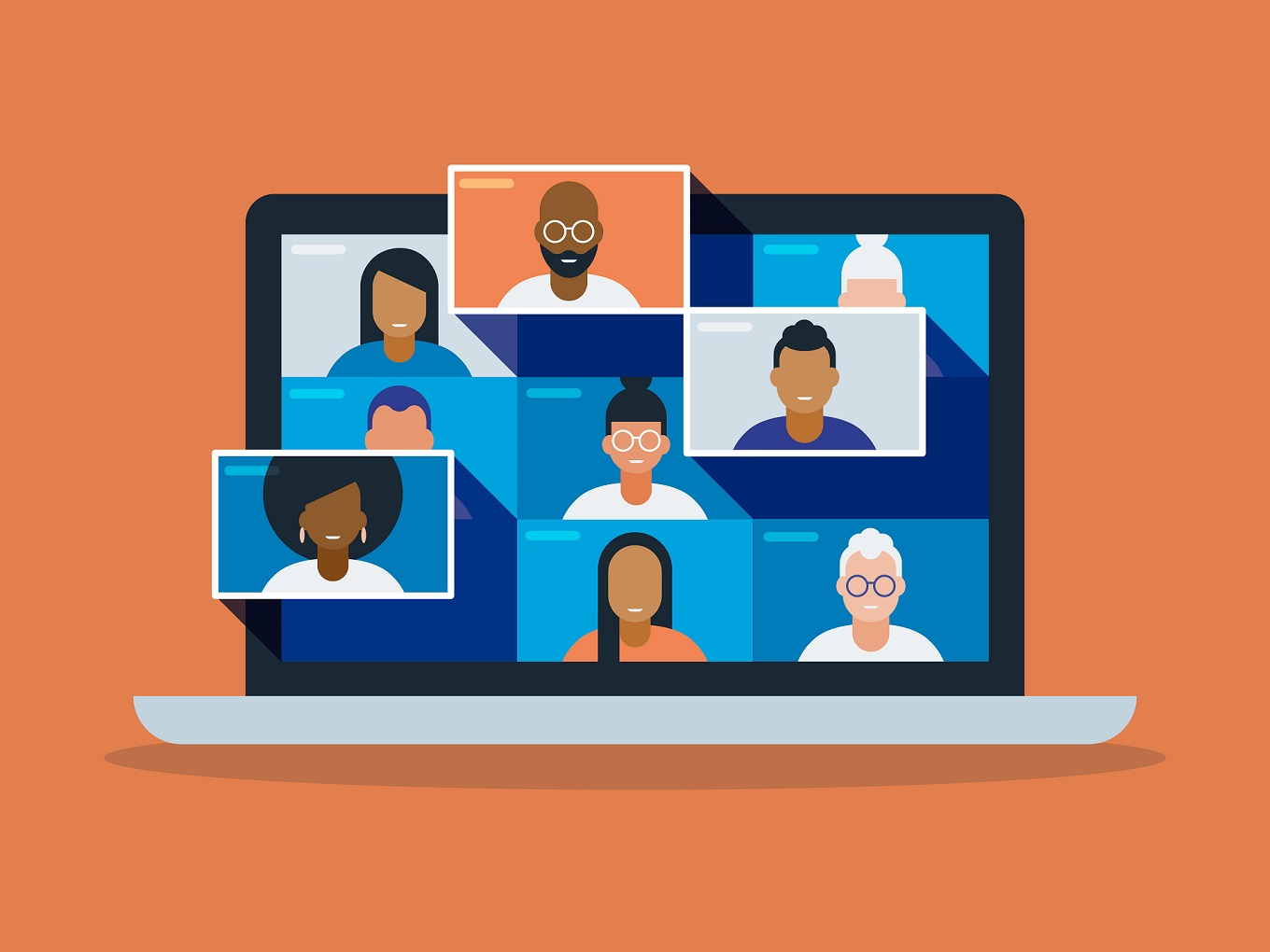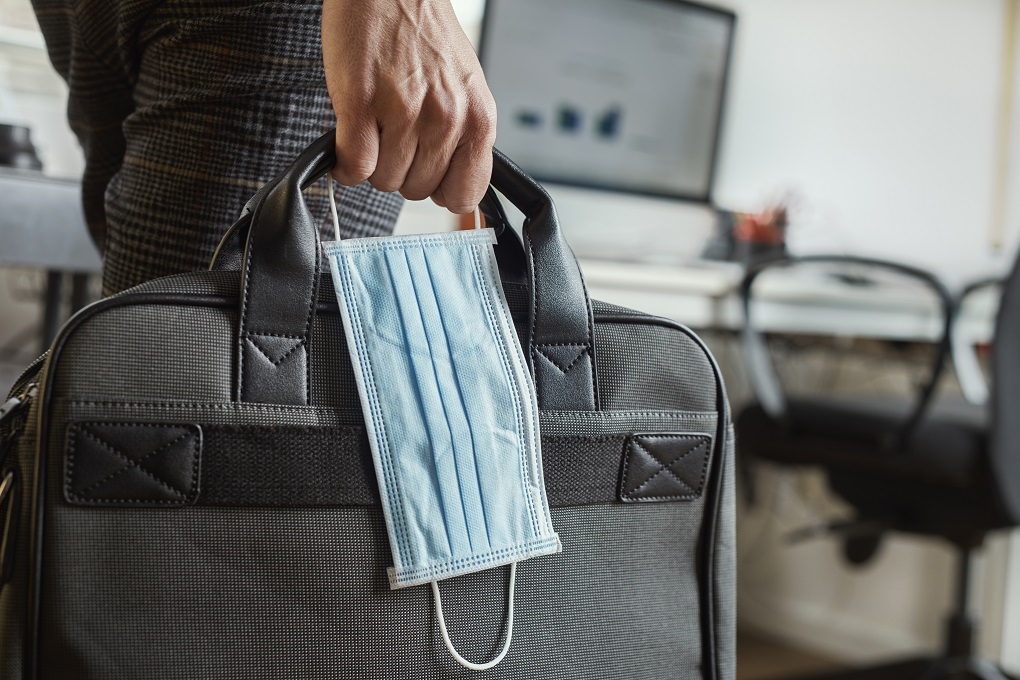TAKEAWAYS FROM MINASSIAN
Adriana Ortiz
Originally published in Law360™ Canada, © LexisNexis Canada Inc.
Ontario is watching Alek Minassian being tried for the Toronto van attack where 10 people were killed and 16 were injured. In the midst of the trial, Dr. Alexander Westphal, the most important witness for the defence’s theory, that underpins not criminally responsible on account of mental disorder is of the view that autism prevented Minassian from knowing it was wrong to proceed with his actions. The doctor declined to testify unless the judge restricted public view of Minassian’s five-hour video assessment.
This is an unprecedented event. The balancing of rights against potential concerns for society were placed on the scale of justice. The court balanced the open court principle and the freedom of press. Ultimately, and most importantly, rights, principles and concerns were balanced against right to a fair trial, outlined in s. 11(d) of the Canadian Charter of Rights and Freedoms.
Defence counsel Boris Bytensky specified: “The right to a fair trial would be seriously damaged if Dr. Westphal did not testify.” Referring to Minassian, counsel said: “I’m not conceding that he cannot make out the defence that I’m advancing without Dr. Westphal, but I am saying it would be infinitely more difficult to do that.”
The various officers of the court brought their own perspective on the request made by the expert witness. The defence stated that without the psychiatrist, there is almost no defence, which would infringe on Minassian’s right to a fair trial.
One of the Crown prosecutors suggested that restrictions were requested in an effort to “hijack this process.” He also added that public proceedings enhanced society’s “need to know.” Lastly, lawyer Brenden Hughes, on behalf of the media, added: “It can’t be the case that witnesses are allowed to dictate their terms.”
She said: “That’s my ruling. Not happy about it.” She went further, “[It’s] the least wrong thing to do in all the circumstances.
After considering all positions, Justice Anne Molloy came to a sound decision, given the circumstances. She accepted the restriction. As she has previously stated, “either I do it or proceed directly to sentencing.” She said: “That’s my ruling. Not happy about it.” She went further, “[It’s] the least wrong thing to do in all the circumstances.”
There are multiple concerns offered by defence counsel to support the request for restriction:
1) Allowing the video of the interview to be seen may lead to negative stereotypes for people with autism.
2) It could be a catalyst that could encourage further crime.
3) There might be undesirable fame and notoriety for Minassian. The psychiatrist clearly addressed the first concern by concluding that Minassian was an exceptional case. He emphasized that he was not implying that all persons with autism had a propensity to violence. The last two concerns are basically referring to notoriety.
Since mass murders are incomprehensible to society, it is no surprise that, for many different reasons, they capture the attention of humanity at large. We are left with different societal conceptions on the issue. Some are of the view that those who commit these types of crimes should not be provided with the opportunity of becoming “celebrities.”
The need for fame that many murderers seek should be interrupted. Anonymity to some extent would be welcomed by some. Plausibly, this would disable crime copycats who might be encouraged by the level of media these cases receive. Not to mention, there is immense emotional turmoil that crimes of this nature, with trails of death and violence, bring to society. The manner in which they affect the community and specifically the victims and their loved ones, is immeasurable.
 Others claim, that serial murder has a direct impact on society, and as such, it should be worthy of societal attention. Even though, those who commit mass murder, on occasions, are puzzlingly elevated to having a “celebrity like” status.
Others claim, that serial murder has a direct impact on society, and as such, it should be worthy of societal attention. Even though, those who commit mass murder, on occasions, are puzzlingly elevated to having a “celebrity like” status.
Historically, mass murder, as an act, is nothing new. Yet, there has been, in the last few decades, a cultural shift on crime. As a society, we display a high degree of interest towards true crime documentaries, Netflix docuseries, crime books, etc. This is all due to the fact that people are attracted to nefarious crime cases, to some degree. Many people find these cases to be a source of both distress and fascination, even if they feel a moral duty to condemn the crimes.
Frequently, this leads to a misinformed popular culture. As true crime sells, producers and publishers are willing to give the public what it wants. Murderers are presented as almost enigmatic. Understandably so, since society finds the murderer’s acts deviate from community standards. The collective curiosity to comprehend why individuals choose to commit these types of odious acts has a luring effect.
Hence, we should be cautious to show apprehension and detainment towards acknowledging the human nature of people who commit what society rightly considers to be a heinous crime.
Hence, we should be cautious to show apprehension and detainment towards acknowledging the human nature of people who commit what society rightly considers to be a heinous crime. A contemporary society that is opposed to public information in regards to these crimes, dangerously, may run the risk of denying the opportunity for the wrongdoer to be humanized. If society does not know basic information about the perpetrator, it would be easy to chastise them into a dark place where they become less than human and more of an isolated, faceless monster who society has exiled.
Our justice system and society are better than that. Justice Molloy admirably upheld the rule of law and safeguarded the right to a fair trial. As Fyodor Dostoyevsky famously claimed: “A society should be judged not by how it treats its outstanding citizens but by how it treats its criminals.”
Adriana Ortiz is a criminal defence lawyer and has a master of laws from the University of Toronto Faculty of Law. In addition to Ontario, she has also practised in Colombia. You can contact her at adriana@adrianaortizrlaw.ca.

 The good news is that there is no doubt that everyone in the legal profession is working hard to continue to provide access to justice as this terrible disease continues to tear a destructive path across the globe. I also do not believe that any of these mishaps will substantively affect the result of these proceedings. However, unfortunately, videoconferencing is simply not a substitute for in-person testimony when we are creating an evidentiary record.
The good news is that there is no doubt that everyone in the legal profession is working hard to continue to provide access to justice as this terrible disease continues to tear a destructive path across the globe. I also do not believe that any of these mishaps will substantively affect the result of these proceedings. However, unfortunately, videoconferencing is simply not a substitute for in-person testimony when we are creating an evidentiary record.
 Others claim, that serial murder has a direct impact on society, and as such, it should be worthy of societal attention. Even though, those who commit mass murder, on occasions, are puzzlingly elevated to having a “celebrity like” status.
Others claim, that serial murder has a direct impact on society, and as such, it should be worthy of societal attention. Even though, those who commit mass murder, on occasions, are puzzlingly elevated to having a “celebrity like” status.
